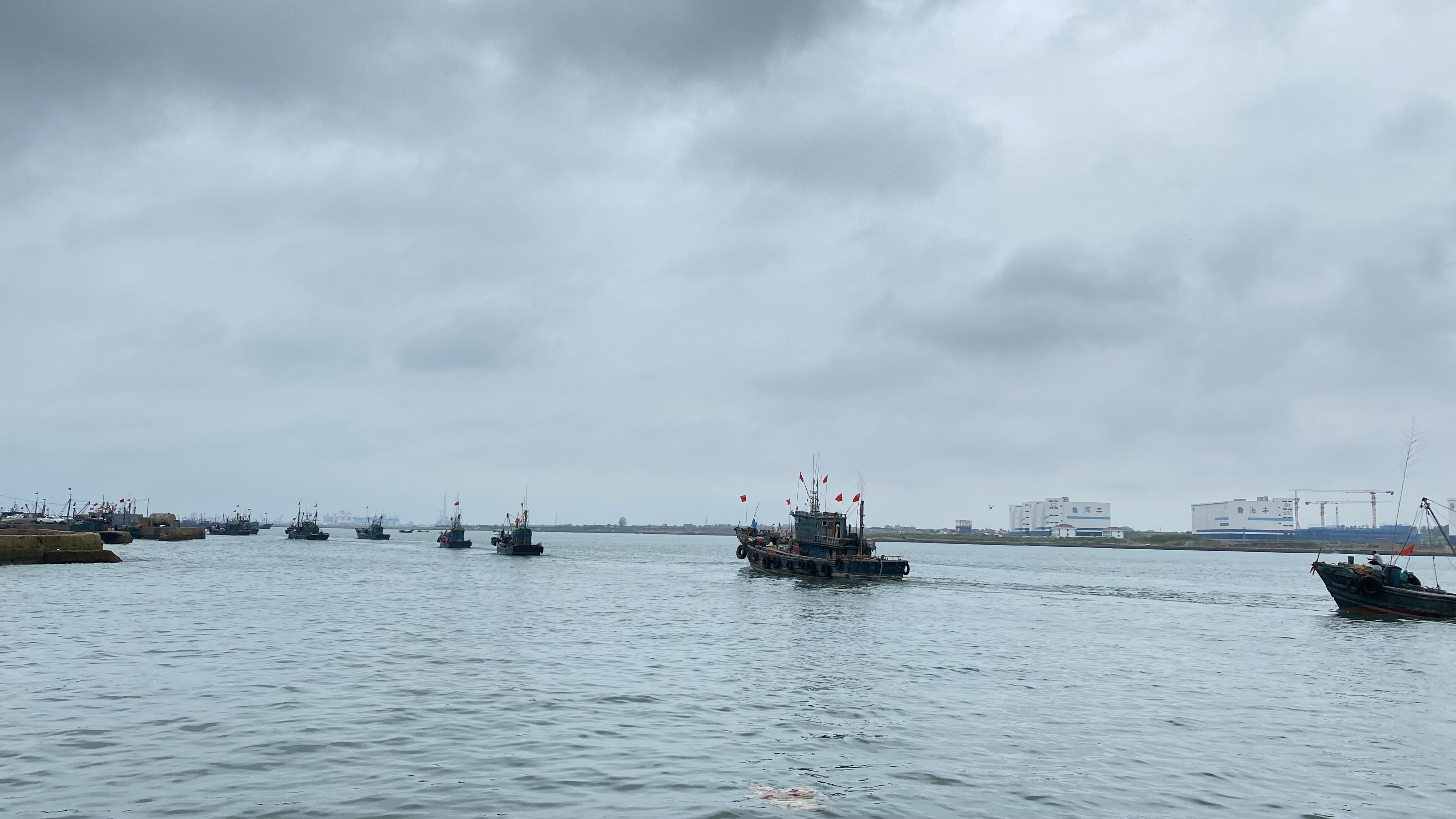Qingdao Langya Township Offshore Community Conserved Area Management and Fishery Sustainable Development Project
Qingdao Marine Conservation Society
(
Non-governmental organization (NGO)
)
#OceanAction46830
Description
1. An upgrade of the Blue Bay Guardians’ governance; 2. An improved performance of community MPA; 3. Increased sustainability in the use of local fishery resources; 4. Increased attention (from media or others) to this protected area, policy support and a better resilience.
1.1 Support the Blue Bay Guardians to improve governance and volunteer management protocol; 1.2 Conduct two training sessions on coastal biodiversity and introduce fishermen to the real risk of aquatic products during a pandemic and the right response; 2.1 Work with the Blue Bay Guardians, fisheries experts and authorities to formulate a community-based management scheme; 3.1 Work with fishermen on fishing data collection and catch sampling analysis; 3.2 Combine fishermen's practical experience and research data to improve fishing gears; 3.3 Test the feasibility of the improved gear, conduct experiments to evaluate its performences; 4.1 Conduct research on the supply chain of local aquatic products in the community; 4.2 Design market incentives for sustainable fisheries; 4.3 Further understand the community through a socio-economic lens by field surveys and interviews; 4.4 Work with fishers and related academia experts to complete a NPC/CPPCC proposal to support sustainble fisheries and the community MPA, and to secure the policy support.
Yellow Sea Fisheries Research Institute of the Chinese Academy of Sciences, Qingdao West Coast New District Blue Bay Ecological Service Centre
SDGS & Targets
Goal 14
Conserve and sustainably use the oceans, seas and marine resources for sustainable development
14.1
By 2025, prevent and significantly reduce marine pollution of all kinds, in particular from land-based activities, including marine debris and nutrient pollution
14.1.1
(a) Index of coastal eutrophication; and (b) plastic debris density
14.2
By 2020, sustainably manage and protect marine and coastal ecosystems to avoid significant adverse impacts, including by strengthening their resilience, and take action for their restoration in order to achieve healthy and productive oceans
14.2.1
Number of countries using ecosystem-based approaches to managing marine areas
14.3
Minimize and address the impacts of ocean acidification, including through enhanced scientific cooperation at all levels
14.3.1
14.4
By 2020, effectively regulate harvesting and end overfishing, illegal, unreported and unregulated fishing and destructive fishing practices and implement science-based management plans, in order to restore fish stocks in the shortest time feasible, at least to levels that can produce maximum sustainable yield as determined by their biological characteristics
14.4.1
14.5
By 2020, conserve at least 10 per cent of coastal and marine areas, consistent with national and international law and based on the best available scientific information
14.5.1
14.6
By 2020, prohibit certain forms of fisheries subsidies which contribute to overcapacity and overfishing, eliminate subsidies that contribute to illegal, unreported and unregulated fishing and refrain from introducing new such subsidies, recognizing that appropriate and effective special and differential treatment for developing and least developed countries should be an integral part of the World Trade Organization fisheries subsidies negotiation
14.6.1
Degree of implementation of international instruments aiming to combat illegal, unreported and unregulated fishing
14.7
By 2030, increase the economic benefits to Small Island developing States and least developed countries from the sustainable use of marine resources, including through sustainable management of fisheries, aquaculture and tourism
14.7.1
Sustainable fisheries as a proportion of GDP in small island developing States, least developed countries and all countries
14.a
Increase scientific knowledge, develop research capacity and transfer marine technology, taking into account the Intergovernmental Oceanographic Commission Criteria and Guidelines on the Transfer of Marine Technology, in order to improve ocean health and to enhance the contribution of marine biodiversity to the development of developing countries, in particular small island developing States and least developed countries
14.a.1
14.b
Provide access for small-scale artisanal fishers to marine resources and markets
14.b.1
Degree of application of a legal/regulatory/policy/institutional framework which recognizes and protects access rights for small‐scale fisheries
14.c
Enhance the conservation and sustainable use of oceans and their resources by implementing international law as reflected in United Nations Convention on the Law of the Sea, which provides the legal framework for the conservation and sustainable use of oceans and their resources, as recalled in paragraph 158 of "The future we want"
14.c.1
Number of countries making progress in ratifying, accepting and implementing through legal, policy and institutional frameworks, ocean-related instruments that implement international law, as reflected in the United Nations Convention on the Law of the Sea, for the conservation and sustainable use of the oceans and their resources
SDG 14 targets covered
| Name | Description |
|---|---|
| 14.2 | By 2020, sustainably manage and protect marine and coastal ecosystems to avoid significant adverse impacts, including by strengthening their resilience, and take action for their restoration in order to achieve healthy and productive oceans |
| 14.4 | By 2020, effectively regulate harvesting and end overfishing, illegal, unreported and unregulated fishing and destructive fishing practices and implement science-based management plans, in order to restore fish stocks in the shortest time feasible, at least to levels that can produce maximum sustainable yield as determined by their biological characteristics |
Deliverables & Timeline
Updated Blue Bay Guardian Patrol Log
Catch Data Set
Short Documentary on LangYa Township and Sustainable Fisheries
Draft Policy Proposal on Community-based MPA Management
Resources mobilized
Partnership Progress

Feedback
Action Network

Timeline
Entity
SDGs
Website/More information
Countries


